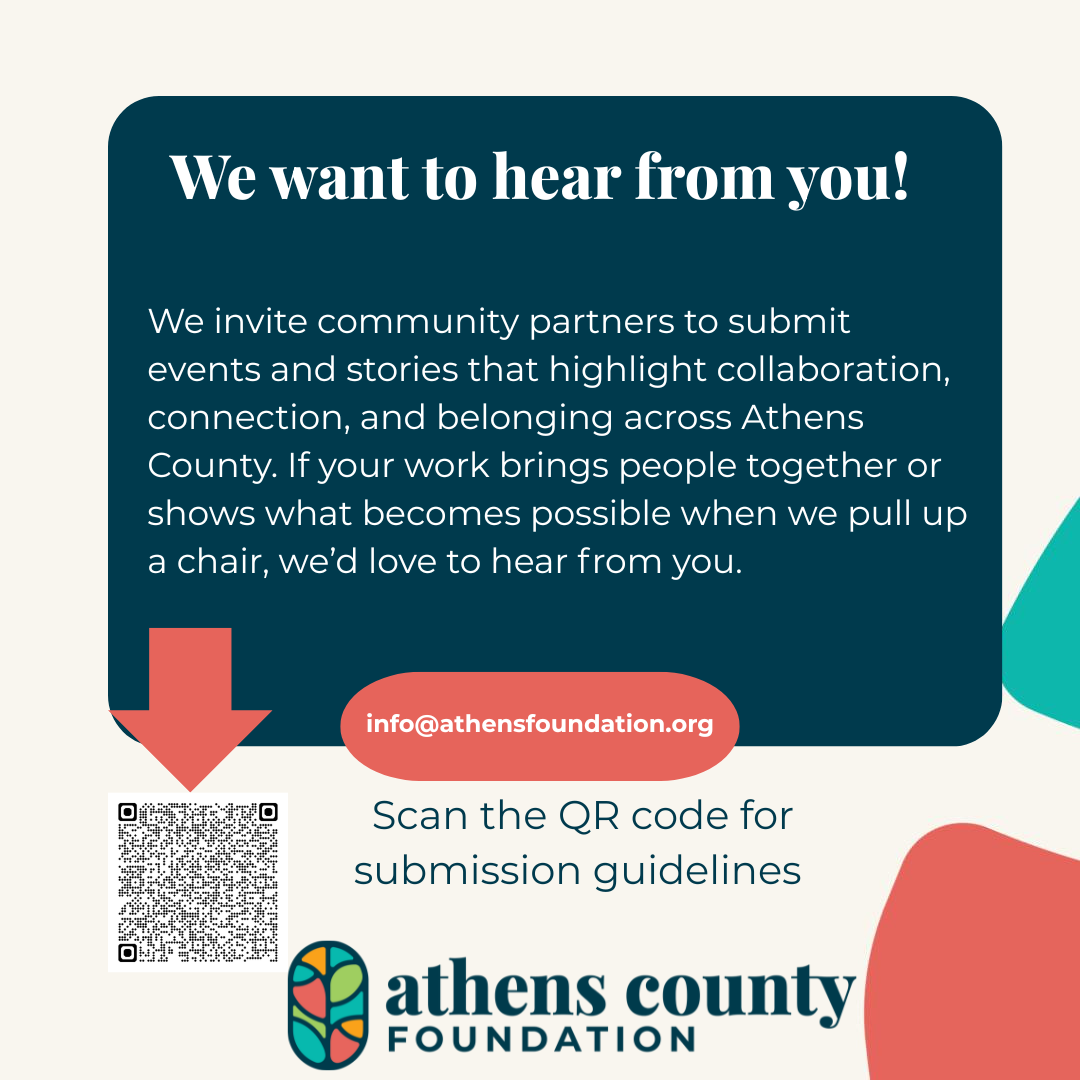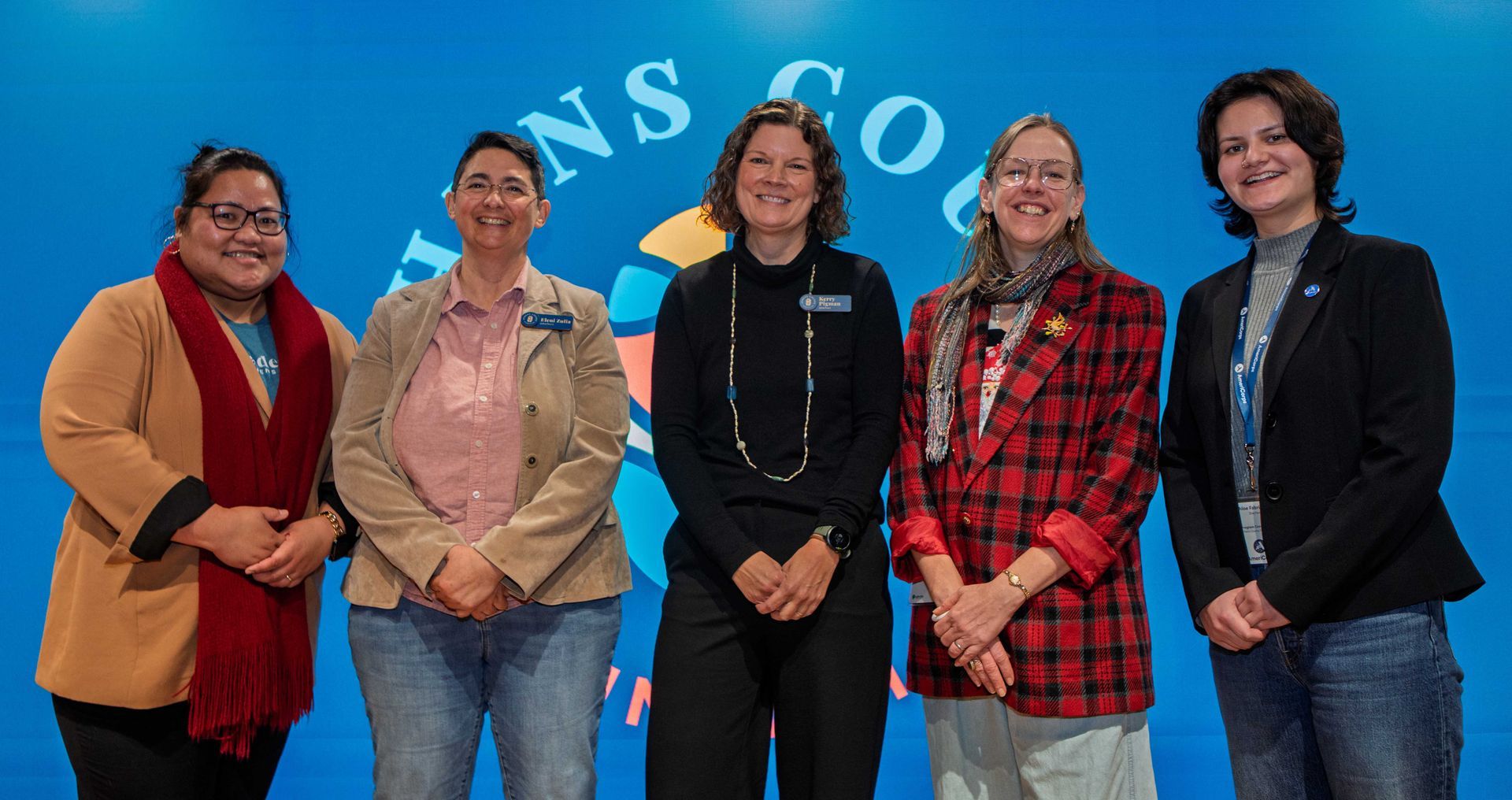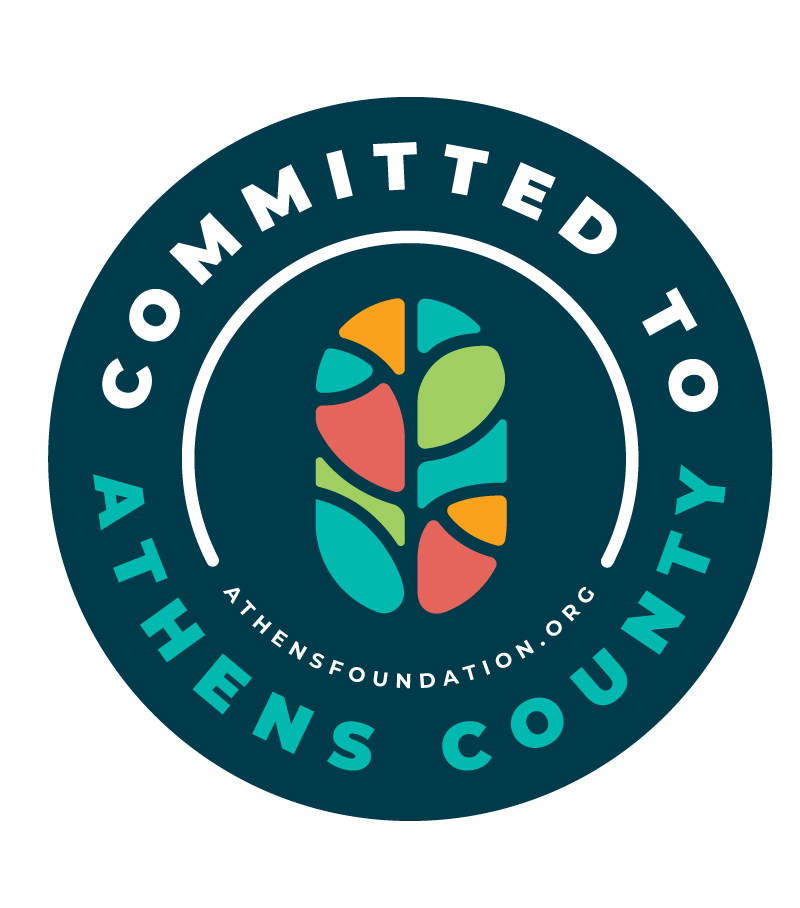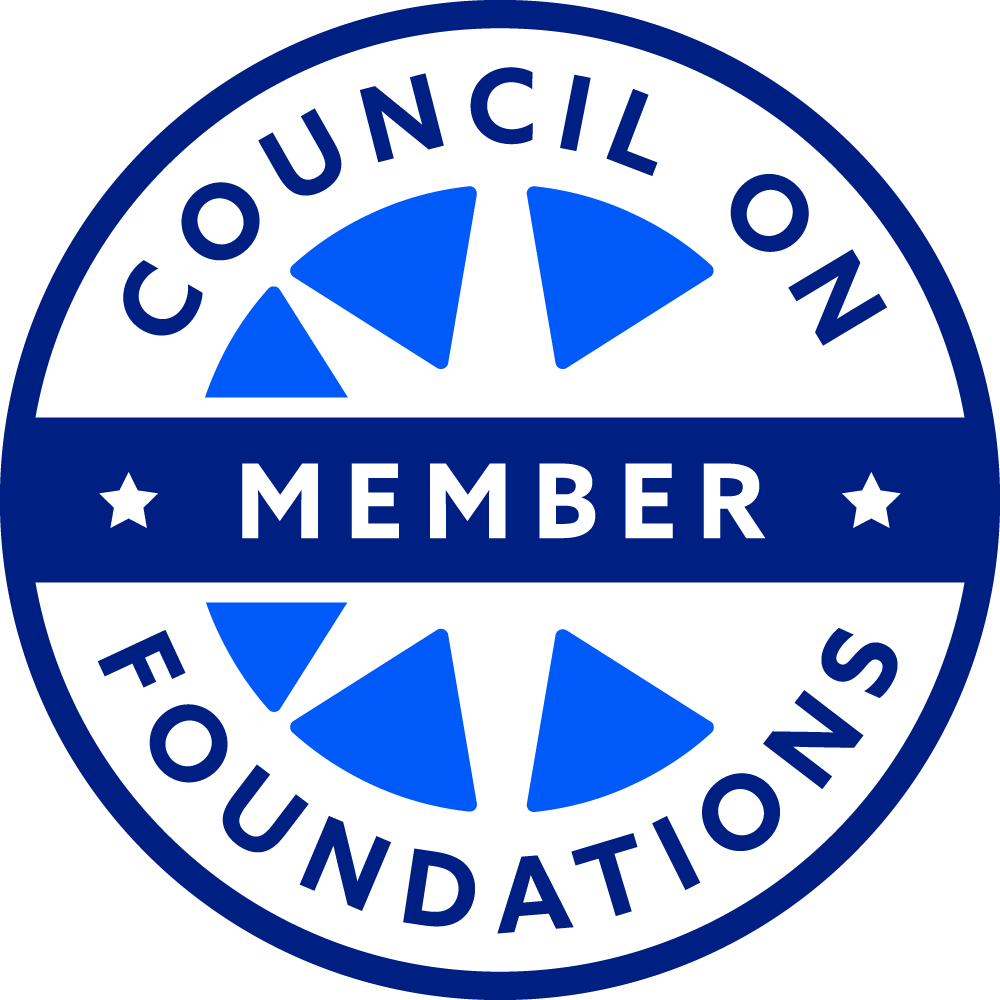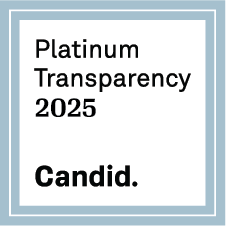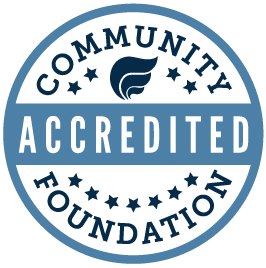5 Red Flags That Could Hurt Your Grant Application (And How to Avoid Them)
Boost your chances of a positive response by steering clear of these five common pitfalls.
Grantmaking is a bit like matchmaking—only instead of pairing people, we’re connecting passion with resources. At the Athens County Foundation, we invest in individuals and organizations that are too passionate to sit still. We’re here to support strong, thoughtful applications that reflect this energy and drive real change.
To make the right connections, though, we need to understand both what matters to our community and what motivates our applicants. That means your proposal must do more than outline a plan. It should communicate your purpose clearly, build trust, and show the potential for meaningful impact.
From time to time, we come across proposals that raise concerns. These "red flags" don’t necessarily disqualify an application, but they can make it harder for reviewers to fully understand or trust the project. The good news is that most of these issues are easy to address with some planning and awareness. Below, we share five common missteps and how to avoid them, so your great ideas have the best chance to shine.
1. Vague Goals or Unclear Plans
Red Flag: The application doesn’t clearly explain what the project is trying to do, how it will be done, or who it will serve.
Why it matters: Reviewers need to understand your vision and the steps you’ll take to bring it to life. Without that clarity, it’s hard to see how the grant funds will be used or what impact they’ll have.
How to avoid it:
Break your project down into clear objectives, activities, and outcomes. Think about what success looks like and how you’ll measure it. Specifics are your friend.
A note on early-stage projects:
If your project is still in the early phases, we understand you may not have all the answers just yet. In those cases, we strongly encourage you to reach out to ACF staff to discuss your idea and explore whether it’s a good fit. We've supported many pilot projects, but when a proposal is still developing, we need more communication to build confidence in your vision. Engaging us early and being transparent about where you are in the process helps build trust and allows us to support you more effectively.
2. Budgets That Don’t Match the Story
Red Flag: The proposed budget is unrealistic, incomplete, or doesn’t align with the goals described in the application.
Why it matters: A budget tells the story of how your project will actually happen. If the numbers don’t line up with the plan or leave out key details, it can raise questions about feasibility and impact.
How to avoid it: Make sure your budget reflects the work you’re proposing. Be transparent about costs, and if anything is estimated, say so. Don’t forget to include in-kind support, matching funds, or other sources of revenue if they apply.
A note about expectations:
We don’t expect your budget to be calculated down to the last cent, though that level of detail is always helpful. More importantly, we’re not here to audit your numbers. Your budget helps us understand how we can best support your work, while also ensuring that resources are distributed wisely so more organizations can benefit. When your financial plan aligns with your goals, it strengthens our confidence in your vision.
3. Overuse of AI or Generic Language
Red Flag: The proposal feels overly polished but impersonal, with language that could apply to almost any project.
Why it matters: We want to hear your voice and understand the unique context of your work. When a proposal reads like it was entirely generated by AI or pulled from a generic template, it can feel disconnected or insincere. Some stories are best told in your own words, even if they’re raw, informal, or a little unpolished.
How to avoid it: AI tools can be helpful for refining your ideas (yes, we love our ACFbot—and no, she didn’t make us say that; and yes, she uses pronouns too!). But let your voice lead the way. Use these tools to support your writing, not to substitute your story. What matters most is that your purpose comes through clearly and genuinely. We’re not grading your grammar; we’re listening for your vision.
A note if you're using AI:
If AI is part of your process, take time to review your draft or ask a peer to read it with fresh eyes. There are often telltale signs of AI-generated text, and while that’s not an issue on its own, proposals that lack specificity or depth can raise questions and may delay the review process. Using AI won’t disqualify your application—we’re not your teachers—but it may prompt additional follow-up. If you’re unsure how to express a piece of your proposal, please reach out to our staff. We’re here to support you and help you communicate your vision with confidence.
4. Lack of Community Connection
Red Flag: The proposal doesn’t clearly show how the project connects with or responds to the Athens County community (or for RCIF, Rocky Brands’ priority communities).
Why it matters: Our funding is grounded in supporting local solutions. If a project feels disconnected from community needs or lacks local input, it’s harder for us to understand its relevance or impact.
How to avoid it: Describe how you’ve engaged with the community, who you’re partnering with, and how your work responds to real needs or opportunities in Athens County. Including letters of support can help tell that story. If your organization is based outside the county you serve and you’re looking to build stronger connections, reach out—we’ll be happy to help you get plugged in.
5. No Plan for Sustainability
Red Flag: The project sounds promising, but there’s no clear plan for what happens after the grant ends.
Why it matters: We want to support projects that can grow, evolve, or continue to benefit the community beyond the initial funding. If there’s no path forward, it can raise concerns about lasting impact.
How to avoid it: Think about what comes next. Will this grant help you build something that continues through partnerships, future funding, or community ownership? Even if it’s a one-time project, share how the results will live on or inform future work.
Final Thought: We’re Here to Support You
At ACF, we view grantmaking as a shared effort grounded in trust, open communication, and mutual learning. These red flags aren’t meant to discourage you, they’re here to help strengthen your proposal and, more importantly, your connection to the work and community you care deeply about. We understand that no project is perfect, and no one has every answer. We also know that writing is a skill, and not everyone expresses themselves the same way—that’s okay. That’s why we’re here: not just to review applications, but to walk alongside you as a partner. If you're ever unsure or need support, don’t hesitate to reach out. Building strong relationships, asking thoughtful questions, and learning together is how we create lasting impact in Athens County, and we’re honored to be part of that journey with you.
Connect
Shayne Lopez
Program Director,
Grantmaking and Community Impact
Grants
Articles by Category
Stories of Collaboration and Belonging
Annual Business Meeting
The Athens County Foundation (ACF) invites you to our Annual Business Meeting on January 29, 2026. This event is our opportunity to reflect on the business achievements and milestones accomplished during Fiscal Year 2025 and share our plans for the year ahead.
Click on 01 for more information and to RSVP
Tax Law Update
We want to share with you this useful article from Pro Bono Partnership of Ohio which includes a summary of IRS rules, sample written acknowledgments, and helpful links.
Click on 02 for Pro Bono article
Civic Experiment Grant
Civic Experiments are local projects introducing new, sometimes unexpected or informal, civic opportunities in our communities. Civic Experiment grants are small (5,000-$15,000), 1-year programmatic grants. All Civic Experiments must be conducted in Athens County. Portal is open now-January 30
Click on 03 for more information
Strengths + Strengths
Strengths+Strengths is a special initiative designed to provide nonprofit organizations throughout Athens County with access to professional resources, expert insights, and leading best practices. The goal is to help those who do good do even better. Join us February 11 at noon at the Athens Public Library for the nonprofit Leaders Lunch
Click on 04 for more information

